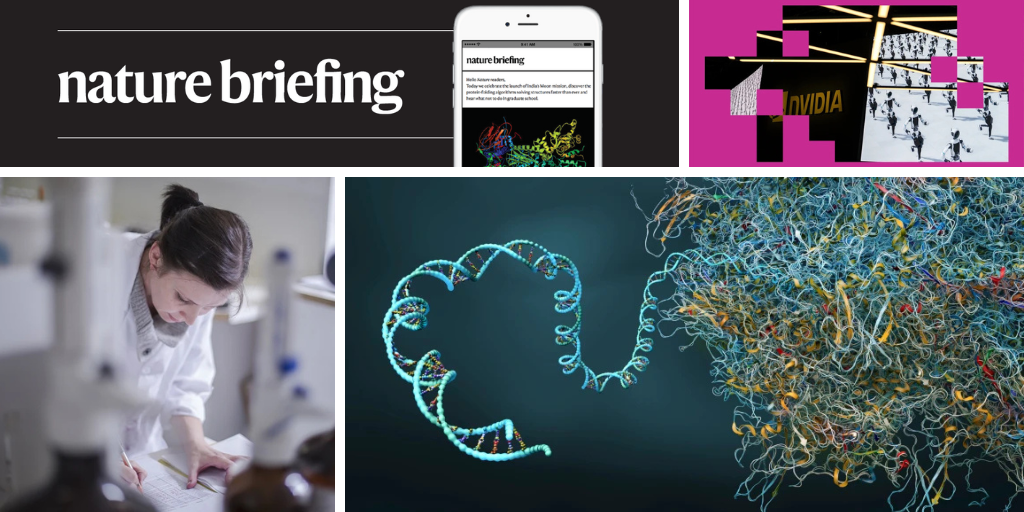
"A multipurpose gene-editing tool can correct several genetic conditions in mice by restoring proteins that have been cut short by disease-causing mutations. The method, called PERT, uses engineered RNA molecules that allow protein synthesis to continue even when a DNA mutation tells it to stop prematurely. These 'nonsense mutations' comprise nearly one-quarter of known disease-causing DNA variants. As such, if PERT proves effective in humans, it could overcome the need to design bespoke treatments for individual diseases."
"Female authors made up just 23% of those in a sample of nearly 900 retracted medical studies published between 2008 and 2017, a new study has found. For first- and last-author slots, the percentage drops to 16.5% and 12.7%, respectively. Why this pronounced gender disparity emerges is unclear. One possible explanation is that the underrepresentation of women in senior academic roles in medical sciences means they're less exposed to the risks that are more commonly associated with retractions, suggests study author and internal medicine specialist Paul Sebo."
"The boom in artificial intelligence (AI) technology is starting to show signs of strain, which many financial analysts speculate could indicate an upcoming market crash. Some say that an AI-market collapse would be even more catastrophic than the dot-com crash in the early 2000s, which could suggest that mass lay-offs of AI researchers and developers are on the horizon. But there might be a silver lining, says economist Josh Turner. Scientists forced out of one sector"
A multipurpose gene-editing approach called PERT uses engineered RNA molecules to allow protein synthesis to continue past disease-causing premature stop signals, restoring truncated proteins in mice. Nonsense mutations account for nearly one-quarter of known disease-causing DNA variants, so effective human translation of PERT could reduce the need for bespoke therapies. A study of nearly 900 retracted medical papers found female authors comprised 23% overall and only 16.5% and 12.7% in first- and last-author roles, a disparity with unclear causes; one explanation is underrepresentation of women in senior roles. The AI technology boom shows strain that could presage a market crash, potentially causing mass layoffs and shifting researchers into academia, while emerging brain-implant devices that detect preconscious thoughts raise ethical concerns.
Read at Nature
Unable to calculate read time
Collection
[
|
...
]